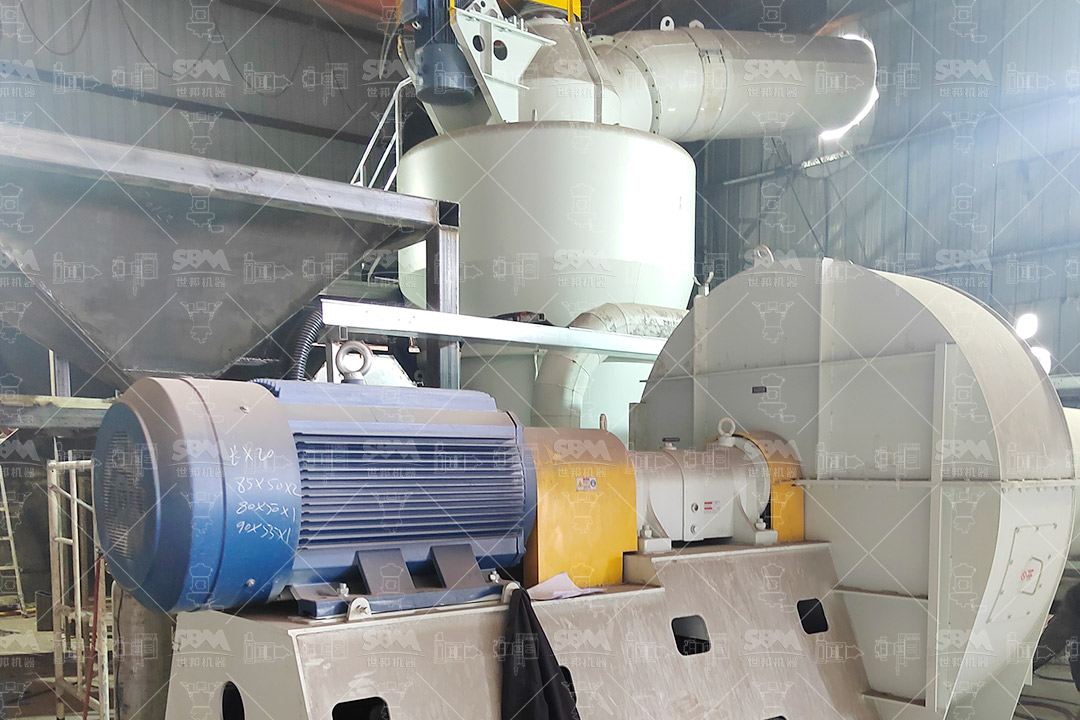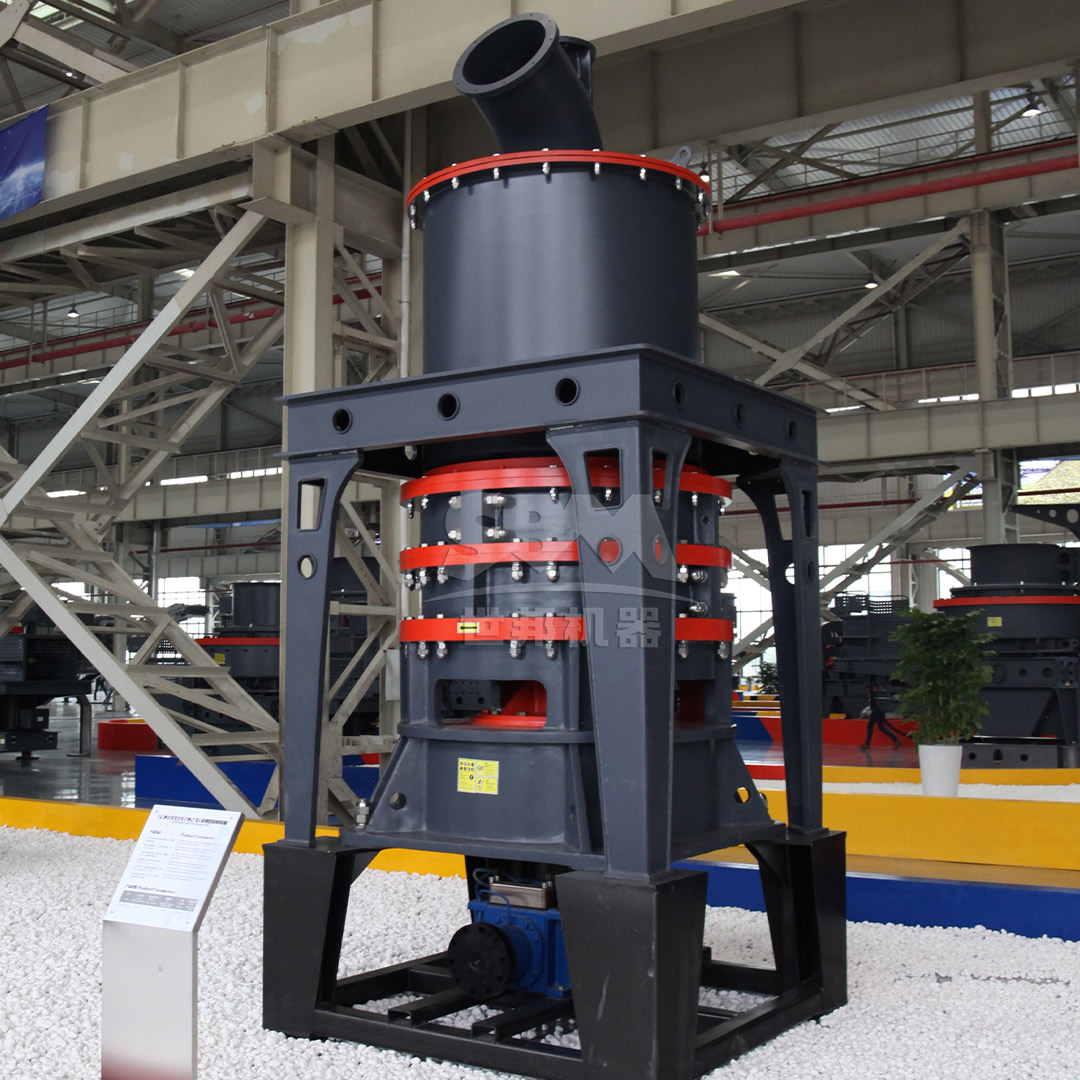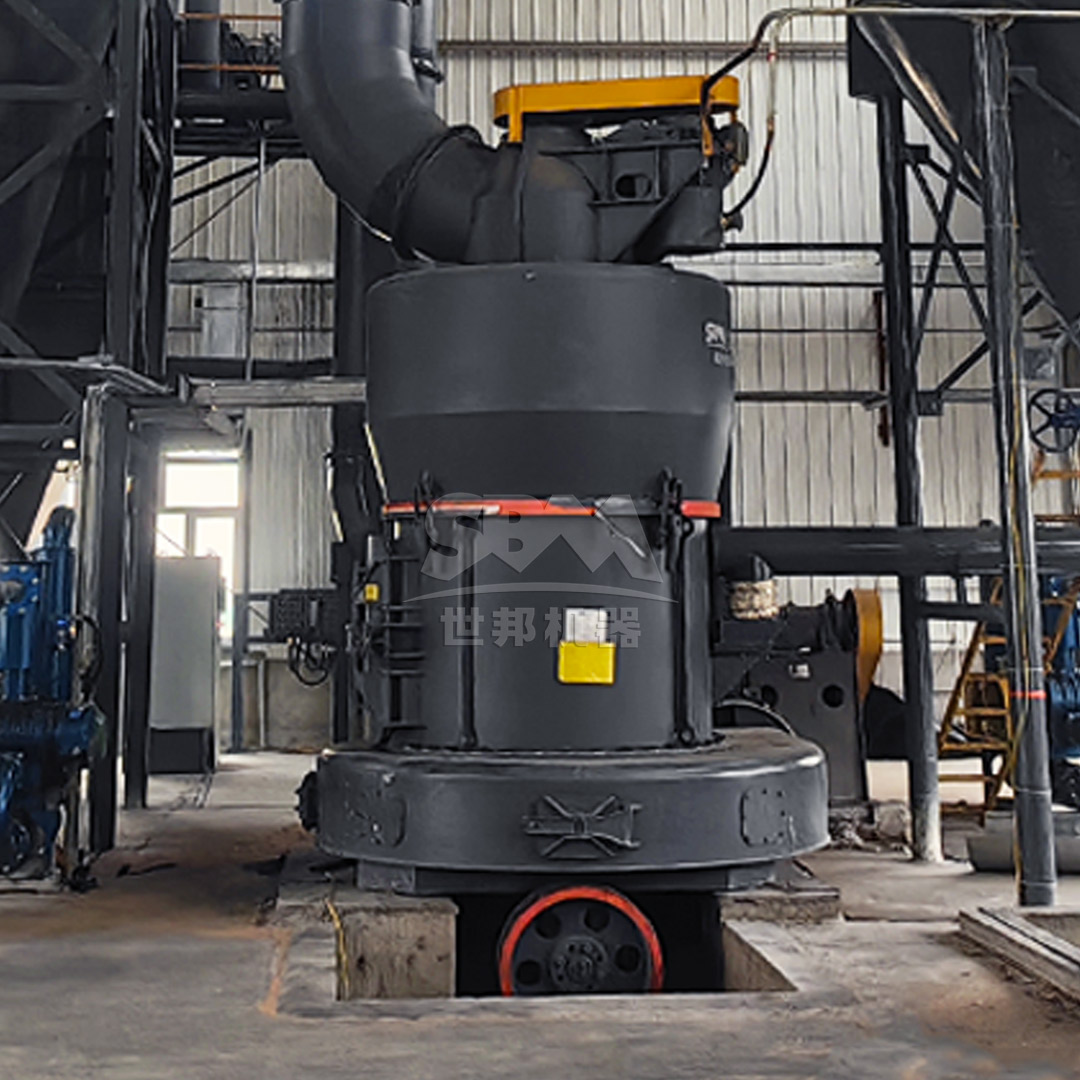The gypsum board industry demands precise control over raw material fineness and production efficiency to meet quality standards and economic objectives. Advanced grinding technology plays a pivotal role in achieving optimal particle size distribution, energy consumption reduction, and overall production efficiency. This article explores the critical aspects of modern grinding systems specifically tailored for gypsum processing, highlighting technological innovations that drive performance and sustainability.
The quality of gypsum board is intrinsically linked to the fineness and consistency of the gypsum powder used in its production. Precise particle size distribution ensures proper hydration during the calcination process, resulting in uniform board density, enhanced fire resistance, and improved mechanical strength. Traditional grinding methods often fail to deliver the required consistency, leading to product defects and increased waste.
Modern grinding systems address these challenges through advanced classification and precision grinding technologies. The ability to produce gypsum powder with specific surface area and particle morphology directly impacts the setting time, water demand, and final board properties. Consistent fineness below 45μm (325 mesh) is typically required for high-quality board production, with some applications demanding even finer particles down to 5μm for specialized products.

Contemporary grinding technology has evolved significantly from conventional ball mills to more efficient vertical roller mills and specialized ultrafine grinding systems. These advancements focus on energy efficiency, precision classification, and operational reliability.
Key technological innovations include:
These innovations collectively contribute to reducing energy consumption by 30-40% compared to traditional grinding systems while improving product quality and production capacity.
For applications requiring exceptional fineness control, the SCM Series Ultrafine Mill represents a technological breakthrough in gypsum processing. This advanced grinding system achieves output fineness ranging from 325 to 2500 mesh (D97 ≤ 5μm), making it ideal for high-value gypsum board products that demand superior surface finish and enhanced physical properties.
The SCM Ultrafine Mill incorporates several innovative features specifically beneficial for gypsum processing:
| Model | Processing Capacity (ton/h) | Main Motor Power (kW) | Feed Size (mm) | Output Fineness (mesh) |
|---|---|---|---|---|
| SCM800 | 0.5-4.5 | 75 | ≤20 | 325-2500 |
| SCM900 | 0.8-6.5 | 90 | ≤20 | 325-2500 |
| SCM1000 | 1.0-8.5 | 132 | ≤20 | 325-2500 |
| SCM1250 | 2.5-14 | 185 | ≤20 | 325-2500 |
| SCM1680 | 5.0-25 | 315 | ≤20 | 325-2500 |
The mill’s vertical turbine classifier ensures precise particle size distribution without coarse powder contamination, while its unique grinding chamber design without bearing screws guarantees stable operation. The intelligent control system automatically monitors and adjusts product fineness, ensuring consistent quality throughout production cycles.

For large-scale gypsum board manufacturing facilities, the MTW Series Trapezium Mill offers exceptional processing capabilities with outputs ranging from 3 to 45 tons per hour. This robust grinding system handles feed sizes up to 50mm and produces powder with fineness between 30-325 mesh (0.038mm), making it suitable for both standard and specialized gypsum board production.
The MTW mill features several technological advantages for gypsum processing:
The mill’s working principle involves main motor-driven grinding rollers that revolve around the central axis while rotating themselves, generating centrifugal force. Shovel blades throw materials into the space between grinding rings and rollers, forming a material layer that undergoes efficient crushing through extrusion. The grading system precisely controls final product fineness, ensuring optimal quality for gypsum board production.
Modern grinding technology significantly addresses the energy-intensive nature of gypsum processing. Advanced mills incorporate energy-saving features that reduce power consumption while maintaining high production rates. The SCM Ultrafine Mill, for instance, demonstrates 30% lower energy consumption compared to jet mills while delivering twice the production capacity.
Environmental considerations are equally important in contemporary grinding systems. Advanced pulse dust collection technology exceeds international standards with collection efficiency above 99.9%, ensuring minimal environmental impact. Soundproof chamber designs maintain noise levels below 75dB, creating better working conditions while meeting stringent environmental regulations.
These environmental features not only comply with regulatory requirements but also contribute to sustainable manufacturing practices that are increasingly important in the construction materials industry.

The reliability of grinding equipment directly impacts production continuity and overall operational costs. Advanced grinding systems incorporate durable design features that extend component life and reduce maintenance requirements. Special material grinding rollers and rings in the SCM Ultrafine Mill, for example, offer several times longer service life compared to conventional materials.
Maintenance optimization is achieved through innovative design features such as:
These features collectively contribute to reduced downtime and lower operating costs, making advanced grinding systems economically viable for gypsum board manufacturers of all sizes.
The evolution of grinding technology continues to focus on smarter, more efficient, and more sustainable solutions. Emerging trends include the integration of artificial intelligence for predictive maintenance and optimization, further energy consumption reduction through advanced motor and drive technologies, and enhanced flexibility to handle varying raw material qualities.
Digital twin technology is becoming increasingly important for simulating grinding processes and optimizing operational parameters before physical implementation. This approach reduces commissioning time and ensures optimal performance from the start of operations.
As the gypsum board industry continues to evolve toward higher quality standards and greater sustainability requirements, advanced grinding technology will play an increasingly critical role in enabling manufacturers to meet these challenges while maintaining economic viability.
The selection of appropriate grinding technology, whether the precision-oriented SCM Ultrafine Mill or the high-capacity MTW Series Trapezium Mill, should be based on specific production requirements, quality objectives, and operational considerations. Both systems represent the cutting edge of grinding technology and offer significant advantages for modern gypsum board production facilities.